2024/2025 Recognition
2024-2025 Efficient and Healthy Schools Program Recognition
The U.S. Department of Energy’s Efficient and Healthy Schools Program (EHSP) aims to recognize schools and districts for improving their energy performance, advancing resilience, and promoting a healthy learning environment.
APPLICATIONS ARE NOW CLOSED
See slides from our recent webinar and our shareable recognition factsheet to learn more!
Emerging and exemplary schools and districts will be recognized in the following categories:
Data Detective
Honoring schools and districts who demonstrate best practices to assess, benchmark, and utilize building data to prioritize school improvements.
Retrofit Revolutionary
Honoring schools and districts that showcase exemplary retrofit projects to improve energy efficiency, resilience, and promote a healthy learning environment.
Performance Pro
Honoring schools and districts who strive for continuous improvement through operations and maintenance (O&M) activities, performance evaluation, and retro commissioning (RCx).
Solutions Strategist
Honoring schools and districts who develop plans and make committed goals to advance district initiatives that achieve sustained and long-term improvements of their school buildings.
Support we provide for schools and districts:
- One-on-one technical assistance.
- Cohorts to provide opportunities for peer-to-peer learning.
- Mentorship from previous recognition honorees.
- Tailored and packaged resources to help implement projects.
Apply Now! The submission deadline is December 20th 2024.
Program Kickoff Webinar - October 9th
Join the Efficient and Healthy Schools Program team on October 9th to learn about our 2024–2025 recognition program. The program is a great opportunity to showcase national leadership that prioritizes students and staff by addressing energy efficiency and health in school buildings.
Benefits of Recognition Include:
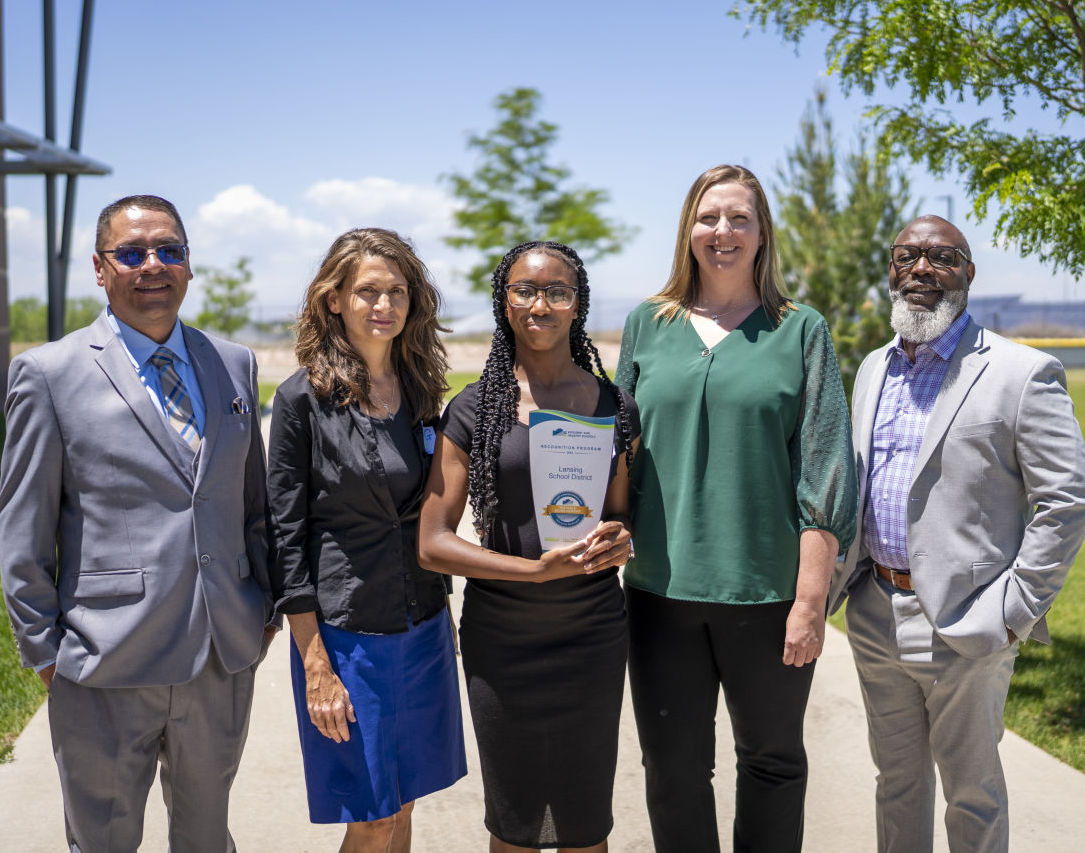 Want to see projects from previous year's honorees?
Want to see projects from previous year's honorees?
In 2023-2024, the program recognized 13 K-12 schools and districts serving over 670,000 students in 12 states. These schools and districts achieved substantial energy savings and greatly improved the learning environment through indoor air quality, lighting, and building control improvements. The honorees include a variety of schools leading the way, from schools in urban cities to others that serve our rural areas. See their success stories and examples. Image: Lansing Public School District MI, Solutions Strategist Honoree.
To learn more, contact us at schools@lbl.gov.
See more details about inspiring projects below!
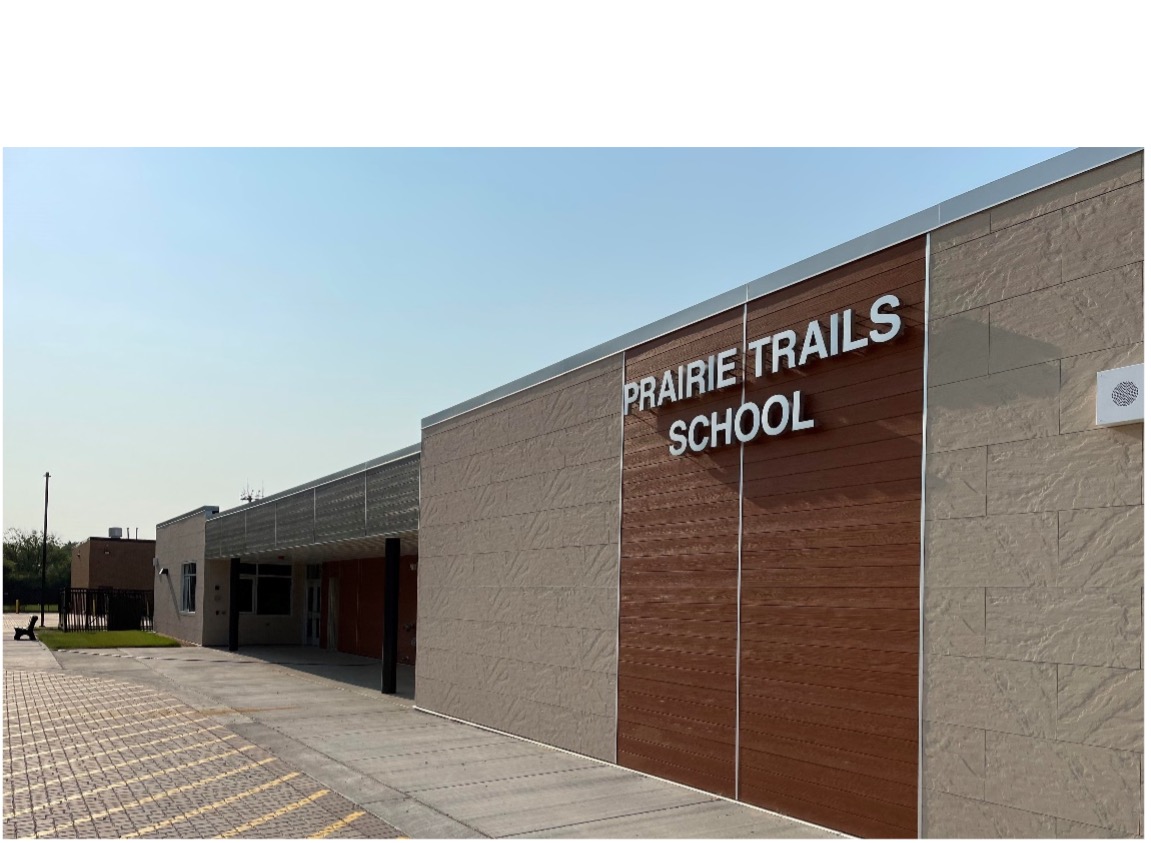
Retrofit Revolutionary: River Trails School District 26 in Illinois successfully transformed a 1960s-era building into a highly efficient educational facility. This ambitious project touched every aspect of the building, including increased envelope insulation, complete replacement of HVAC and building automation systems, installed new windows, and the addition of an onsite solar array. As a result, the school achieved its net-zero energy goal and is projected to generate annual energy savings of $32,000. See the case study.
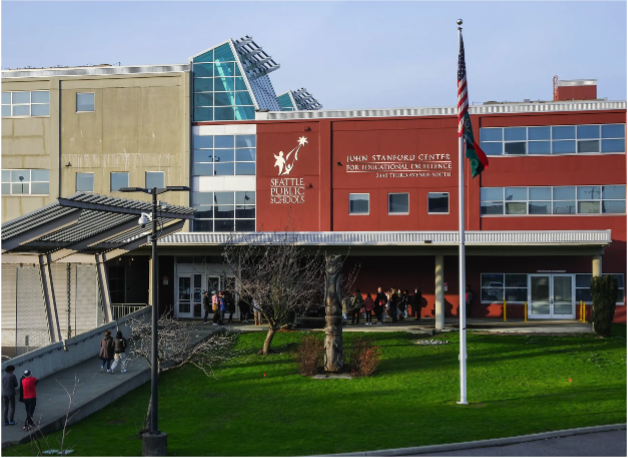 Performance Pro: Seattle Public Schools in Washington has a recommissioning team that has achieved a districtwide energy reduction of 2.2 kBtu/ft2/yr since 2016. The team’s success is a testament to the importance of preventive maintenance. Their efforts have reduced the need for reactionary maintenance by repairing existing systems and increasing operational efficiency. See the case study.
Performance Pro: Seattle Public Schools in Washington has a recommissioning team that has achieved a districtwide energy reduction of 2.2 kBtu/ft2/yr since 2016. The team’s success is a testament to the importance of preventive maintenance. Their efforts have reduced the need for reactionary maintenance by repairing existing systems and increasing operational efficiency. See the case study.
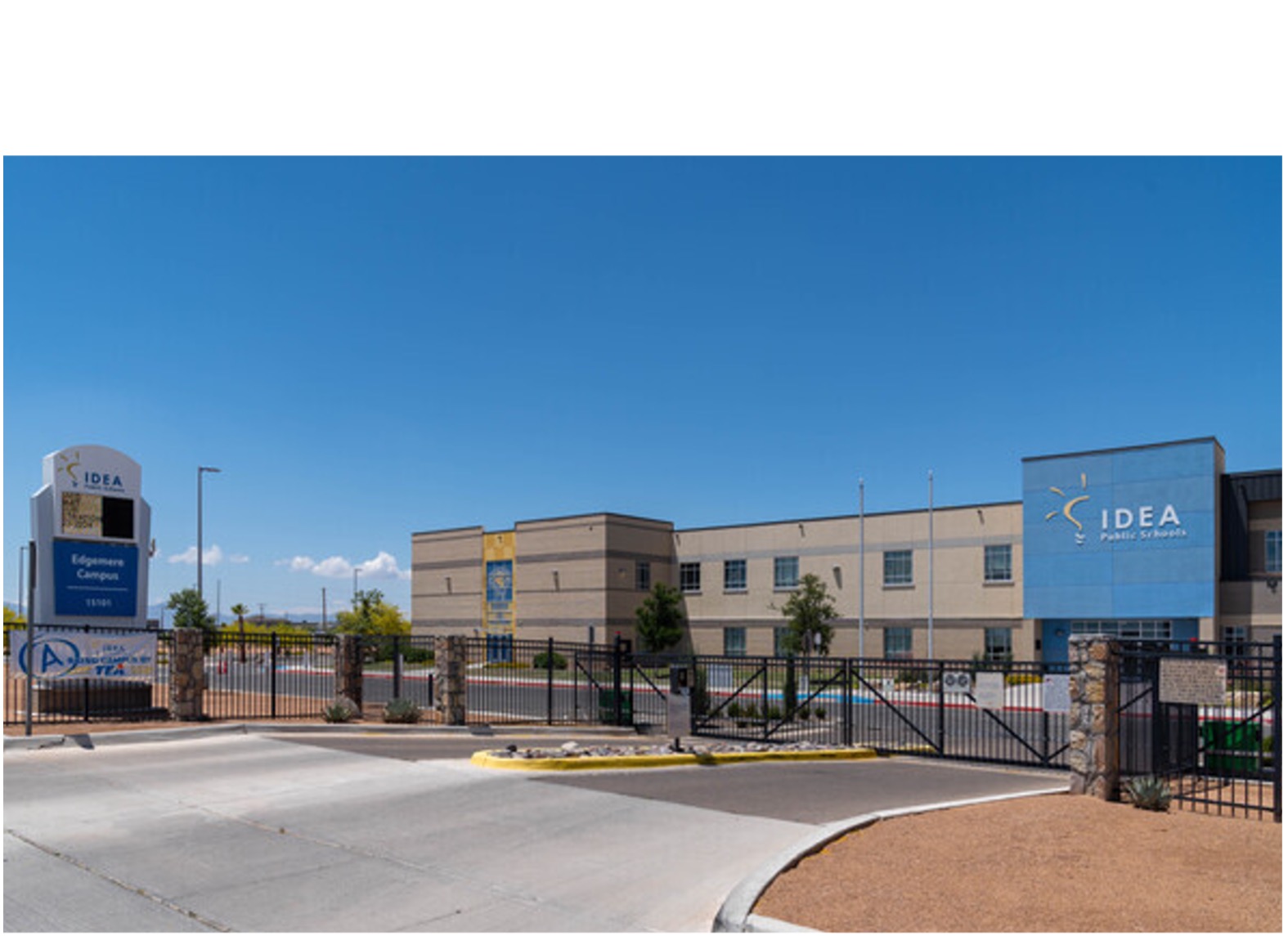 Data Detective: IDEA Public Schools in Texas, as part of a districtwide facility condition assessment, identified high-impact strategies for improving energy efficiency. These strategies included replacing faulty sensors, adjusting critical setpoints, and optimizing schedules. IDEA’s approach to energy management, which encompassed energy benchmarking and applying for ENERGY STAR Certification, resulted in significant improvements in energy efficiency. See the case study.
Data Detective: IDEA Public Schools in Texas, as part of a districtwide facility condition assessment, identified high-impact strategies for improving energy efficiency. These strategies included replacing faulty sensors, adjusting critical setpoints, and optimizing schedules. IDEA’s approach to energy management, which encompassed energy benchmarking and applying for ENERGY STAR Certification, resulted in significant improvements in energy efficiency. See the case study.
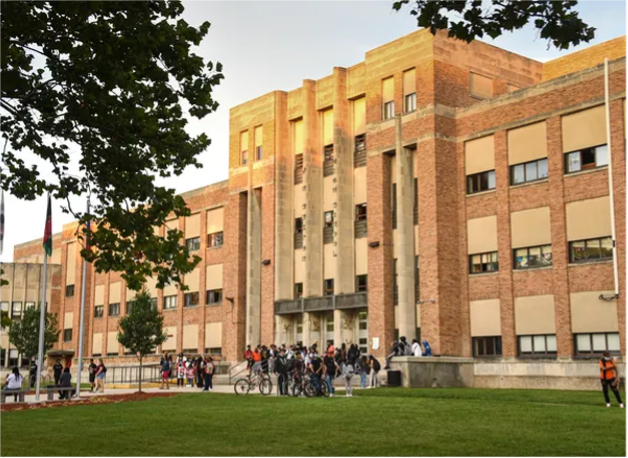 Solutions Strategist: Lansing School District in Michigan engaged multiple stakeholders–including the local municipality, students, the community, and local partners–in developing a comprehensive plan for managing its facilities. Through this planning effort, the district has updated its design specifications to ensure optimal energy efficiency and to incorporate solar energy as a scalable and replicable solution throughout the district. See the case study.
Solutions Strategist: Lansing School District in Michigan engaged multiple stakeholders–including the local municipality, students, the community, and local partners–in developing a comprehensive plan for managing its facilities. Through this planning effort, the district has updated its design specifications to ensure optimal energy efficiency and to incorporate solar energy as a scalable and replicable solution throughout the district. See the case study.